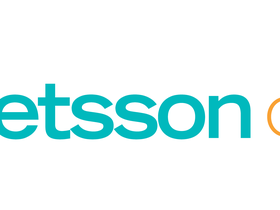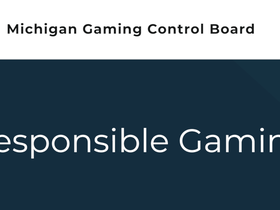The push for igaming expansion in the US continues in 2024 with Maryland one of the potential candidates to see a legal online casino bill passed this year.
Senator Ron Watson is championing a new Bill this year that would see the state take a steep 46% of the casinos’ revenue through taxation, 1% of which would go directly towards problem gambling solutions.
Watson hopes that the increased taxation rate, which goes up from 15% proposed in last year’s SB 267, will help pass the legislation and greatly help reduce Maryland’s financial deficit.
In Watson’s words, the casinos can afford the higher taxation, as they would generate huge profit through substantial margins while having no overhead.
The legislative session in the state of Maryland started last Wednesday and the igaming bill might be in discussion as early as this week.
Details of the New Maryland iGaming Bill
Attempts to legalize igaming in Maryland have been made in the past, and while a sports betting bill was passed with relative ease, online casinos have not yet been legalized.
Last year’s SB 267 proposed the casino operators pay just 15% in taxes, and it appears this number was the main stumbling stone when it came to a vote.
This time around, the online casino Bill — which would also authorize Maryland online poker — will recommend a 46% taxation, which would add some serious revenue to the state coffers.
The biggest chunk of 45% would go towards the Education Trust Fund, which could go a long way towards fulfilling Maryland’s budget needs in terms of education in accordance with the Blueprint for Maryland’s Future Act which was passed in 2021.
The Act requires $3.8 billion a year to fund the related programs, and at a time of a serious budget crunch, the igaming tax money could come in very handy.
The proposed taxation rate of 46% will likely be subject to negotiations between the legislators and the industry, with the high initial rate allowing for some wiggle room during the negotiation process, while both sides look for optimal solutions.
On top of the 45% for education, the Bill proposes taxation of additional 1% for problem gambling initiatives, which was another area in which online casinos met some pushback previously.
The Bill will propose that each live casino in the state be given a license to operate two online skins, allowing for up to 12 online casino apps in total when Maryland online casinos go live.
Finally, the Bill would also provide gaming data and data analytics to Morgan State and Bowie State Universities and live dealer studios would potentially be set up on the campuses of those Universities, providing jobs for young Marylanders.
Responsible Gambling a Key Component of the Bill
A tax rate of 1% set for a problem gambling fund is proposed in Watson’s online casino Bill, which could be one of the stepping stone to getting the legislation passed.
Watson proposes a 1-800 help line be put before the players as they log in and log out of their casino accounts, and that a serious effort be made to battle problem gambling at every step.
In addition, Maryland online casinos would include all the modern responsible gambling tools, which would allow them to set any types of limits they want on their accounts, as well as to self-exclude from play state-wide if they so choose.
With the new responsible gambling wording, along with the increased taxation and money to set up a problem gambling fund, there is a good chance Maryland passes the Bill and becomes the next state to adopt igaming, joining the likes of Michigan, Pennsylvania, and West Virginia.



